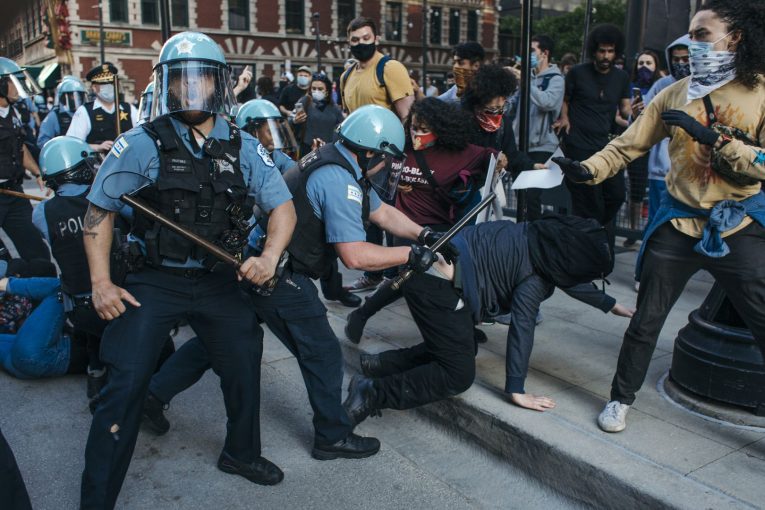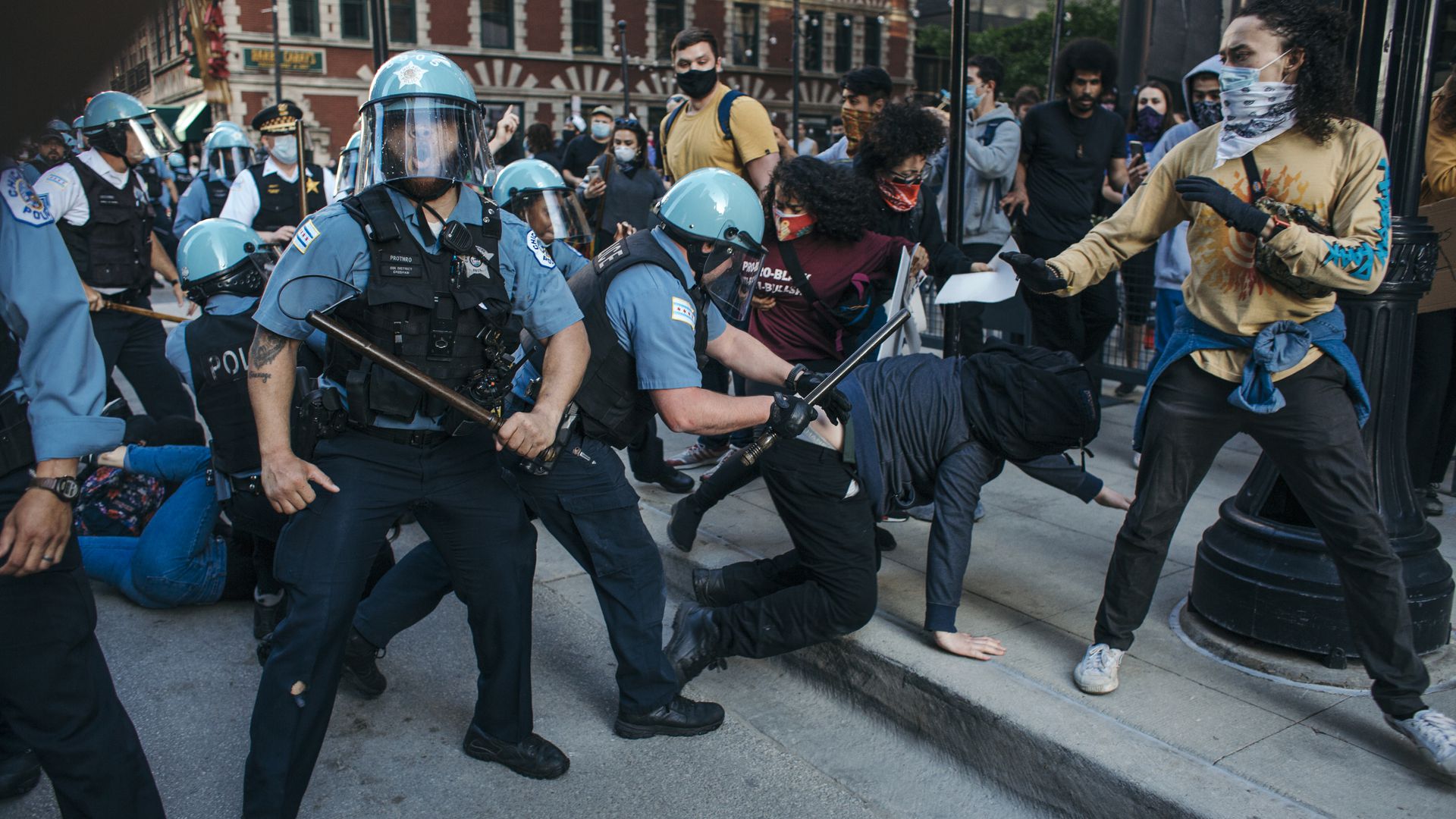

By Carson Eschen and Eric Rodriguez
BOULDER, CO – Benjamin Levin, an Associate Professor of Law at University of Colorado Law School, argues in a new paper in the Columbia Law Review that, although police unions are obstructionist – shielding officers from accountability and blocking oversight – their actions are not a union issue but rather a symptom of modern policing.
His paper examines how police unions are and are not representative of U.S. unionism, and understanding how they are different from other labor unions in the U.S., highlighting “both the problem with police unions and the problem with the way scholars think about unions.”
The U.S. National Labor Relations Act (NLRA) states, “Its purpose is to define and protect the rights of employees and employers, to encourage collective bargaining, and to eliminate certain practices on the part of labor and management that are harmful to the general welfare.”
Levin said this creates a dilemma for police unions, as they should keep the community in mind while also protecting their workers.
Levin notes that much of the critique of unions surrounds their prioritization of their members over the communities that those members police, noting that most other types of unions operate in much the same way, with their first priority being the well-being of their members.
He repeatedly points out that critiques of police unions are valid, in that they do protect officers, which can entrench abusive policing. But Levin said these critiques simply are not a comprehensive picture of the issue.
As Levin argues, simply disbanding police unions or limiting organizing rights of police officers wouldn’t solve the issues of modern policing.
In his paper, he states, “Local governments have signed off on the CBAs that prevent police accountability and endorse objectionable use-of-force rules, so why should we trust those same government actors to produce better police governance?”
In other words, blaming unions for modern policing practices lets politicians, who preside over these practices, off the hook.
Levin ultimately calls for a more nuanced and critical examination of police unions and their flaws, stating that “perhaps the critiques of police unions can contribute to a growing literature that seeks to envision new modes of worker organizing outside of the NLRA model of exclusive bargaining.”


The problem isn’t police unions, it is all public employee unions.
I have no existential issue with private-sector unions.